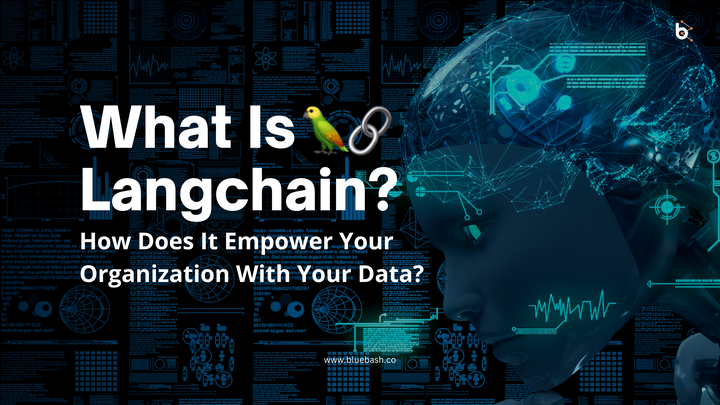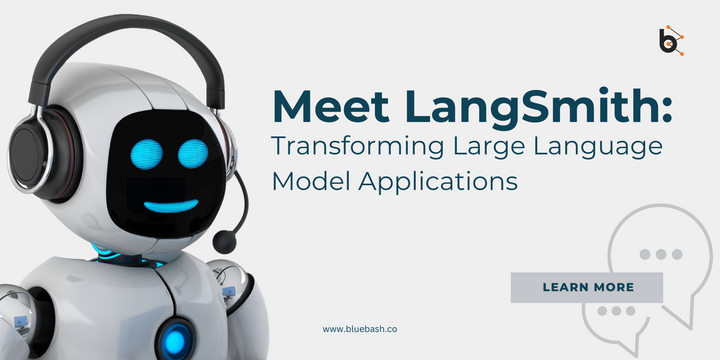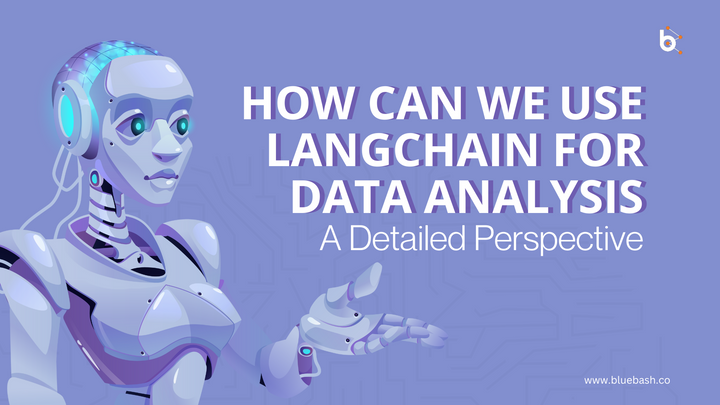MCP vs A2A vs ACP: Breaking Down the New Standards for AI Communication
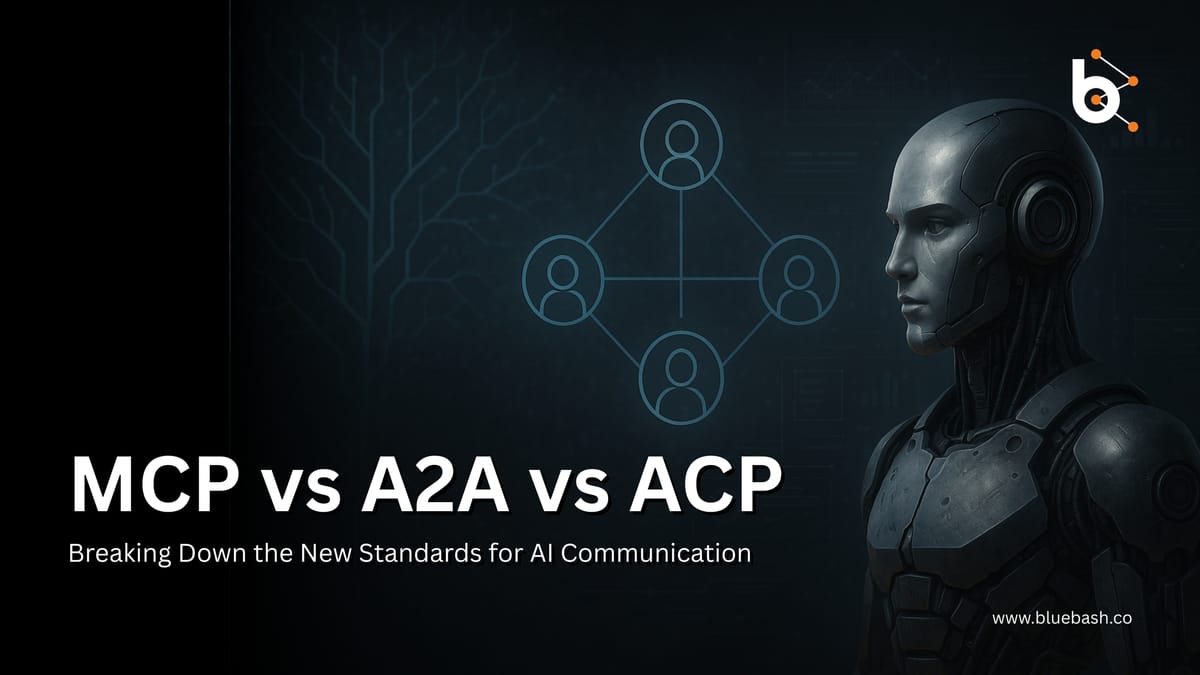
As artificial intelligence continues its rapid evolution, the way intelligent agents interact with one another and their environments is undergoing a transformation. We’ve entered the era where AI systems no longer operate in silos. Instead, they work in sync, exchanging information, delegating tasks, and executing complex workflows through structured, secure, and context-aware protocols.
In this fast-emerging ecosystem, three standards stand out as pivotal to AI communication:
- Model Context Protocol (MCP)
- Agent2Agent (A2A) Protocol
- Agent Communication Protocol (ACP)
This blog explores these communication frameworks in depth—how they work, what sets them apart, and how they’re shaping the next generation of custom AI agents. Whether you're an AI architect, a mcp server development company, or an enterprise interested in local agent communication systems, understanding these standards is critical for building future-ready AI systems.
The Rise of Inter-Agent Communication
Traditionally, AI agents were designed as standalone systems that responded to specific inputs and produced outputs within predefined environments. But as use cases became more complex—such as multi-agent workflows, AI-driven process automation, and adaptive learning systems—a need arose for agents to:
- Share context
- Coordinate in real-time
- Learn from one another
- Operate across distributed environments
This led to the development of new agent communication protocols. These protocols serve as a foundation for how AI agents interact, ensuring standardization, interoperability, and secure data exchange.
What is MCP (Model Context Protocol)?
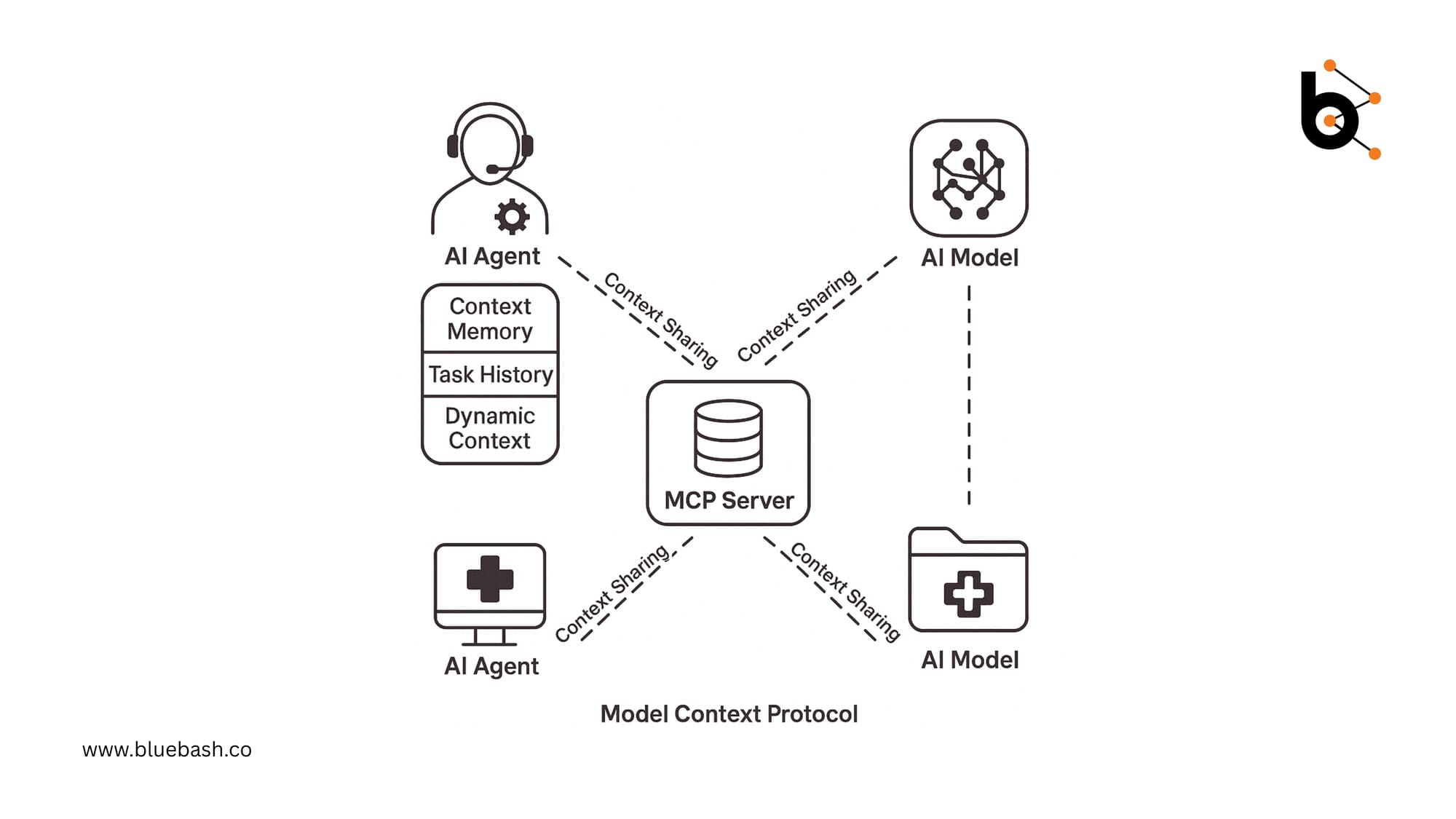
Model Context Protocol (MCP) is an emerging standard designed to manage and propagate context between AI agents and models. Unlike simple messaging systems, MCP is focused on preserving semantic context, task lineage, and action memory.
Key Features of MCP:
- Dynamic Memory Management: MCP allows AI agents to store, recall, and share dynamic context, such as task history, user preferences, or model-specific variables.
- Interoperability: Works across different models, making it ideal for hybrid systems that leverage both large language models (LLMs) and domain-specific agents.
- Context Compression & Prioritization: Efficiently filters and forwards only the most relevant contextual data to reduce overhead.
- Security and Governance: Facilitates fine-grained permission control for context visibility.
MCP has become central to mcp server solutions, which handle context storage, retrieval, and transmission between models and agents. Organizations seeking to develop custom AI agents with memory capabilities are turning to mcp server development companies to implement these systems.
What is A2A (Agent2Agent) Protocol?
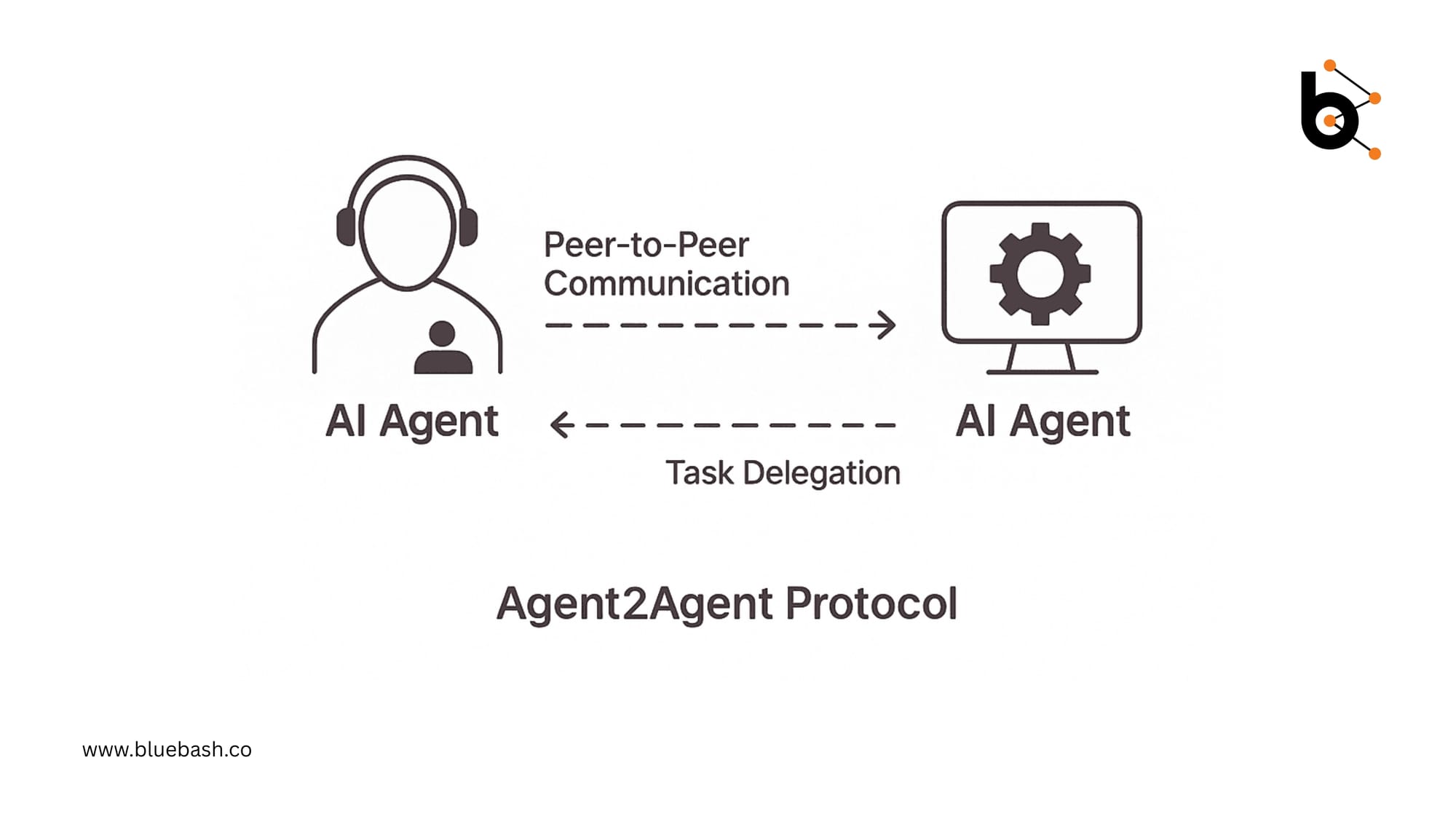
The Agent2Agent (A2A) protocol is built to facilitate peer-to-peer communication between autonomous AI agents. Where MCP focuses on context, A2A focuses on task delegation, negotiation, and synchronization among agents.
Key Features of A2A:
- Decentralized Communication: Agents talk directly without a central broker.
- Task-based Messaging: Supports messages like REQUEST, INFORM, CONFIRM, or PROPOSE to mimic human-like collaboration.
- Plug-and-Play Architecture: Allows new agents to dynamically enter or exit the network.
- Cross-Domain Operability: Supports agents with different goals, languages, and functionalities.
In industries like logistics, finance, and healthcare, A2A allows agents to split workloads, monitor each other's states, or delegate portions of a larger task. It's especially effective in local agent communication systems where fast, secure, and efficient communication is a must.
What is ACP (Agent Communication Protocol)?
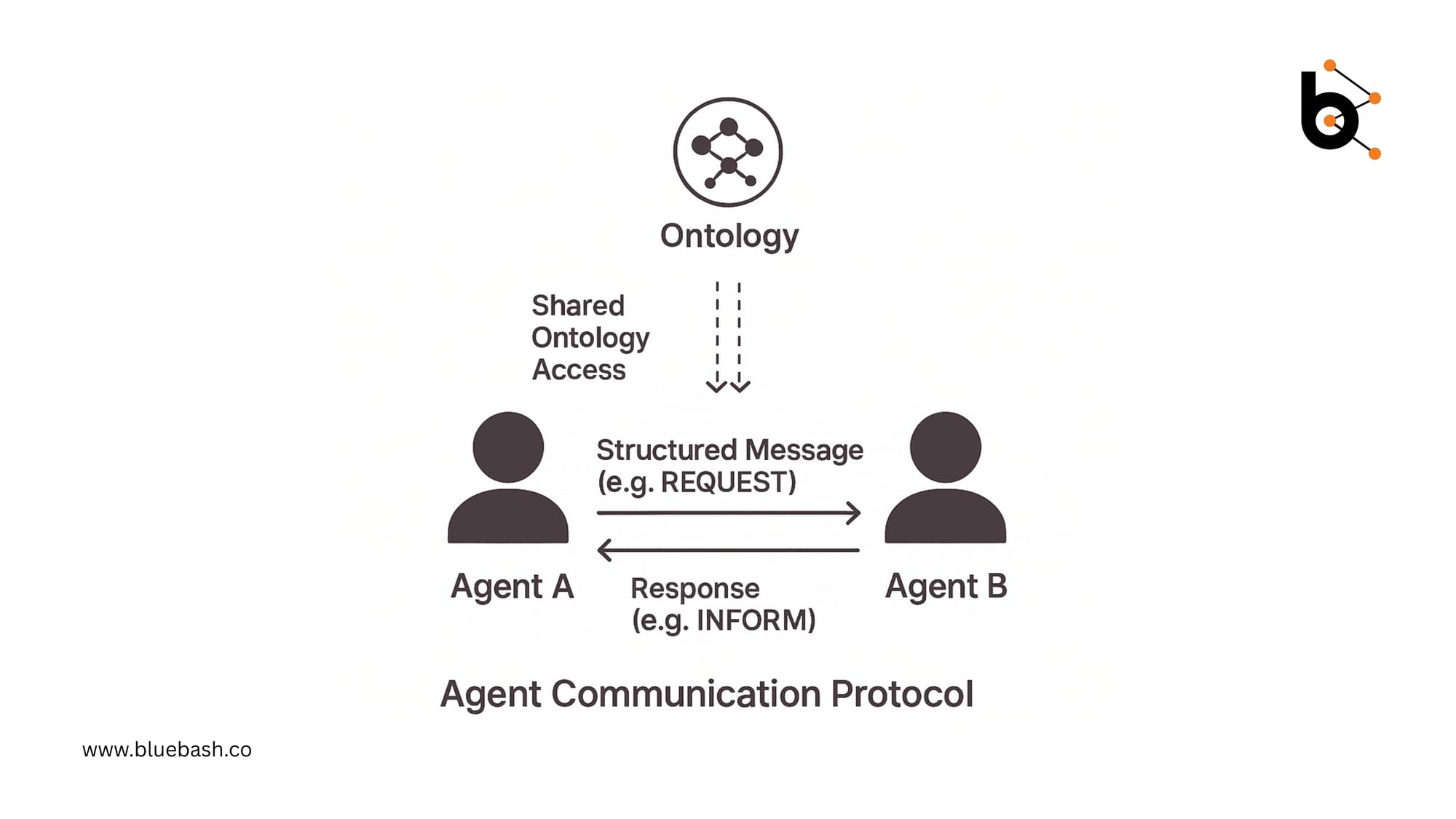
Agent Communication Protocol (ACP) is a more generalized framework for managing structured dialogue between agents. Think of it as the broad umbrella under which other protocols like A2A may reside.
Key Features of ACP:
- Message Standardization: Uses speech-act theory (e.g., INFORM, QUERY, REQUEST) to standardize communication.
- Ontology Support: Agents share a common vocabulary, reducing ambiguity.
- Error Handling: Includes robust exception management and message validation.
- Agent Registry Services: Agents can register capabilities and discover others through directory facilitators.
ACP is widely used in environments with heterogeneous AI systems, often orchestrated by an AI agents development company to build scalable, distributed platforms where different agents (like recommendation engines, fraud detectors, and monitoring bots) coexist and collaborate.
MCP vs A2A vs ACP: A Comparative Breakdown
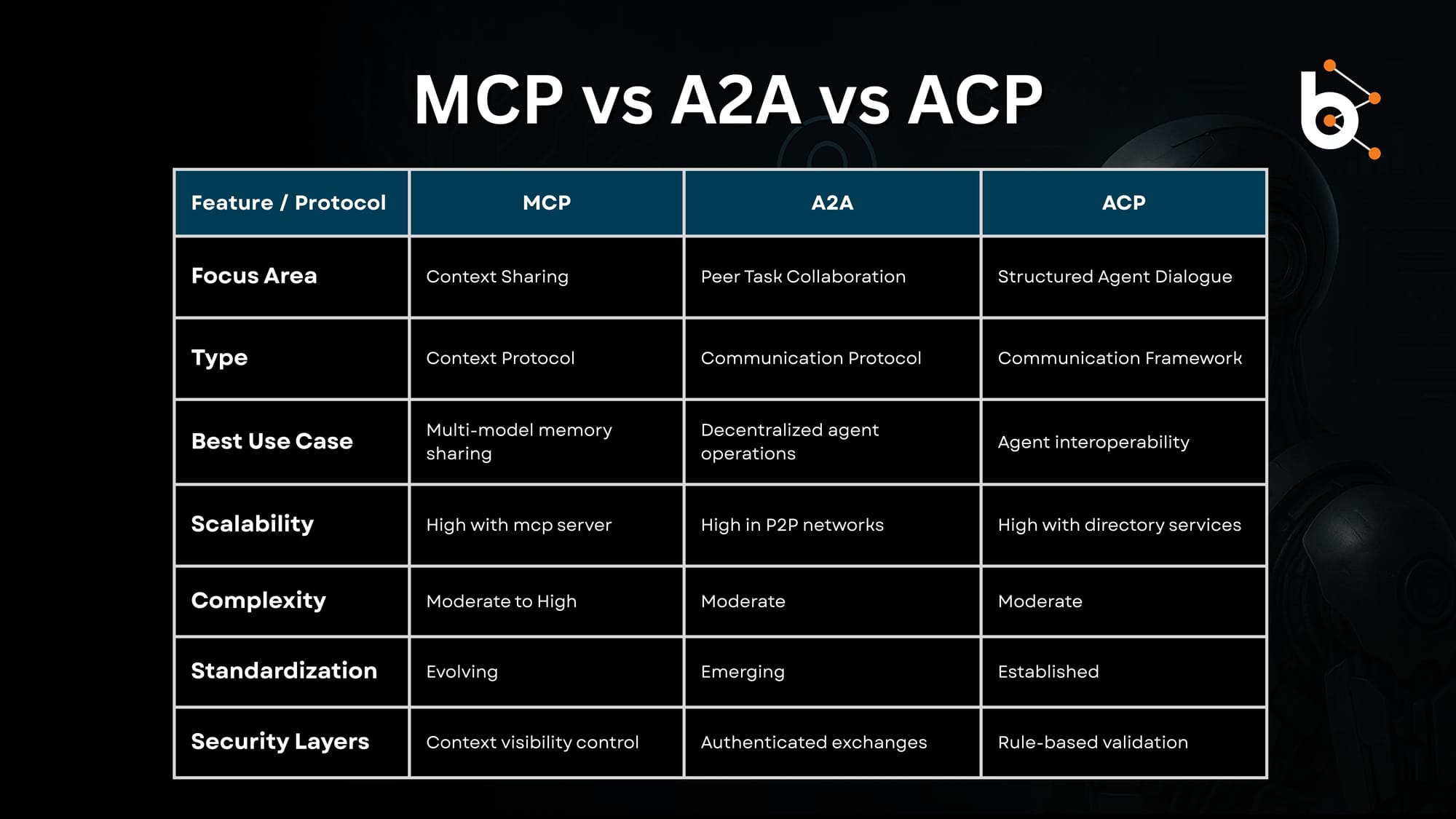
Choosing the Right Protocol for Your AI Stack
When building or scaling an AI agents communication architecture, your choice among MCP, A2A, and ACP depends on your specific needs:
- Choose MCP if your AI agents rely heavily on context, history, and personalized interactions. Ideal for recommendation systems, personalized assistants, or healthcare AI agents.
- Choose A2A for environments requiring distributed decision-making or multi-agent coordination. Best for supply chains, financial systems, or robotic swarms.
- Choose ACP when you need a common language and messaging standard across a wide range of agents, particularly in complex enterprise environments.
For example, a smart hospital system might use MCP for patient context sharing, A2A for real-time coordination between diagnostic bots, and ACP as the overarching communication framework.
Real-World Applications of Agent Communication Protocols
- E-commerce & Personalization
- Use MCP to share user preferences across multiple recommendation agents.
- Use A2A for dynamic pricing bots to negotiate inventory decisions.
- Use ACP to standardize interactions between the chatbot, search agent, and order manager.
- Finance
- A2A protocols facilitate communication between risk agents and fraud detection bots.
- ACP ensures structured compliance communications.
- MCP helps in managing client-specific transaction patterns and context.
- Healthcare
- MCP servers store and distribute patient data context for diagnostics and treatment planning.
- A2A allows collaboration between appointment schedulers, lab test managers, and medication reminders.
- ACP ensures all communication is secure, valid, and within healthcare regulations.
Why Choose Bluebash as Your AI Agent Development Partner?
If your organization is planning to implement agent communication protocols like MCP, A2A, or ACP, selecting the right technology partner is critical. Bluebash brings the domain expertise and technical skillset to build intelligent, collaborative, and scalable agent ecosystems.
Here's how Bluebash supports innovation in agent communication:
- Proven Experience with Protocol Integration: From designing mcp server solutions to building fully functional A2A networks, we have worked across diverse domains including healthcare, fintech, and ecommerce.
- Custom AI Agent Engineering: We specialize in AI agents development by crafting custom AI agents aligned with your unique business processes—whether it's task automation, workflow orchestration, or intelligent decision-making.
- Full-Stack Deployment Expertise: Our team covers everything from cloud architecture to backend systems that ensure seamless agent2agent communication and context-aware AI operations.
- Compliance-Driven Design: All our solutions are built with a focus on security, governance, and regulatory compliance, including HIPAA, GDPR, and SOC standards.
By working with Bluebash, you gain a strategic partner with a deep understanding of agent communication protocols, ready to support your AI journey from prototype to production.

Final Thoughts
The future of AI is agent-centric and collaborative. Understanding protocols like MCP, A2A, and ACP isn’t just about technical jargon—it’s about unlocking the next wave of AI functionality. These frameworks enable AI agents to go beyond reaction, towards interaction, cooperation, and intelligent orchestration.
For companies aiming to stay ahead, now is the time to invest in infrastructure that supports inter-agent protocols. And if you're looking to implement scalable, secure, and adaptive systems, working with a dedicated partner like Bluebash—an expert in MCP server development, custom AI agents, and full-stack AI architecture—ensures you’re set up for long-term success.
FAQ's
- What is the main difference between MCP, A2A, and ACP?
MCP focuses on context sharing, A2A enables peer-to-peer agent collaboration, and ACP provides a standardized messaging framework for structured communication between agents. - When should I use MCP in my AI system?
Use MCP when your AI agents need to share and retain context, like task history or user preferences, across multiple models or services. - How does A2A improve AI agent collaboration?
A2A enables agents to communicate directly, delegate tasks, and coordinate without central control—ideal for dynamic, distributed environments like logistics or finance. - Why is ACP considered a foundational protocol?
ACP standardizes agent interactions using shared ontology and structured messages, ensuring clarity and interoperability in diverse multi-agent systems. - Why choose Bluebash for implementing these protocols?
Bluebash offers expertise in MCP, A2A, and ACP, delivers custom AI agents, and ensures secure, scalable systems tailored to your domain needs

